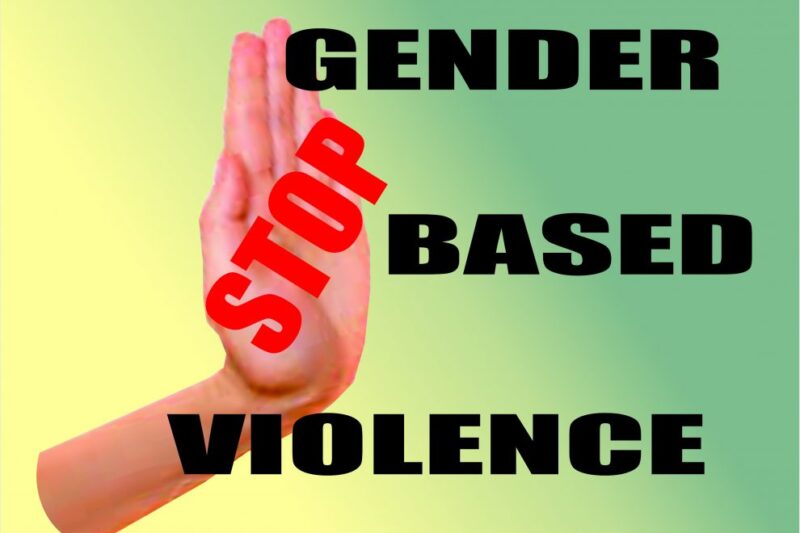Too many women and girls are becoming victims of gender-based violence (GBV) in northeastern Nigeria – and there seems to be no way to put an end to it.
On Wednesday, November 17, health workers in the Damboa Local Government Area of Borno State organised an event to help bring awareness to parents, women and girls of this escalating scourge.
The health workers said they had seen a substantial increase in the number of GBV cases.
RNI reporter Fannan Usman spoke to some of the mothers who attended the event.
Hauwa Muhammad said she found it enlightening and she now realised that she had to protect her children to the utmost of her ability.
“The meeting was all about educating us. They told us about the rights of children and the need to take all precautions to stop GBV. It is important that we do not allow our girls to beg or sell things on the streets because that exposes them to danger.”
Yazara Ba’a Koloye, who also attended the event, said she had learnt a lot about GBV, especially the rights of children.
“I now know where to go to report cases of GBV. If this is happening, we all need to speak out about it. By staying silent, the abusers will just continue to abuse and it puts the victim’s life at risk,” she said.
A report by UN Women said one in three women worldwide experienced physical or sexual violence, mostly by an intimate partner. Violence against women and girls was a human rights violation, and the immediate and long-term physical, sexual and mental consequences for women and girls could be devastating, including death.
“Since the outbreak of COVID-19, emerging data and reports from those on the front lines, have shown that all types of violence against women and girls, particularly domestic violence, has intensified.
“As COVID-19 cases continue to strain health services, essential services, such as domestic violence shelters and helplines, have reached capacity. More needs to be done to prioritise addressing violence against women in COVID-19 response and recovery efforts,” the UN Women said.
The United Nations Children’s Fund (UNICEF) said GBV reached every corner of the globe but in emergency settings it soared.
“GBV is the most pervasive yet least visible human rights violation in the world. It includes physical, sexual, mental or economic harm inflicted on a person because of socially ascribed power imbalances between males and females. It also includes the threat of violence, coercion and deprivation of liberty, whether in public or private.”
It said GBV was especially prevalent in societies where women and girls had less power than men over their bodies, decisions and resources.
In such societies, “social norms that condone men’s use of violence as a form of discipline and control reinforce gender inequality and perpetuate GBV”.
“GBV takes numerous forms: Intimate partner violence, sexual violence, child marriage, female genital mutilation, trafficking for sexual exploitation, female infanticide, and ‘honour’ crimes are common – with intimate partner violence occurring at staggering rates. Girls and women may also experience GBV when they are deprived of nutrition and education,” UNICEF said.
“Armed conflict, natural disasters and humanitarian emergencies can significantly weaken a society’s ability to protect women and girls from GBV. Rates of intimate partner violence often increase in crisis settings. Many armed groups also use sexual violence as a tool of warfare to advance military or political aims. Girls and women may be forced to trade sex for food, money and other resources they need to survive. And in some places, they are married off early or forcefully, to protect or care for their families,” the agency said.
“Survivors of GBV suffer devastating short- and long-term consequences to their physical and mental health. Women and girls may experience severe physical injuries, unwanted pregnancies and exposure to HIV or other sexually transmitted infections. Depression, anxiety, post-traumatic stress disorder [PTSD], the limited ability to complete daily tasks and suicidal thoughts are also common.”
UNICEF said many survivors were subjected to victim-blaming or ostracised from their families and communities due to social norms. This put them at significant risk of poverty, isolation and further violence.
“Some survivors are forced to marry their perpetrators. Others face retaliation for reporting their experiences or seeking support – including at the hands of family members. At its worst, GBV can result in death, such as in situations of ‘honour killings’,” it said.






